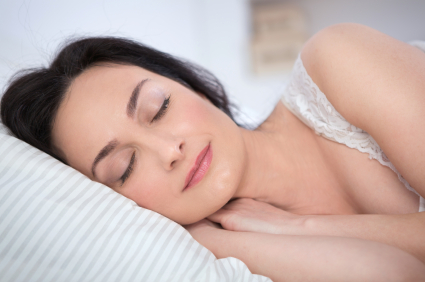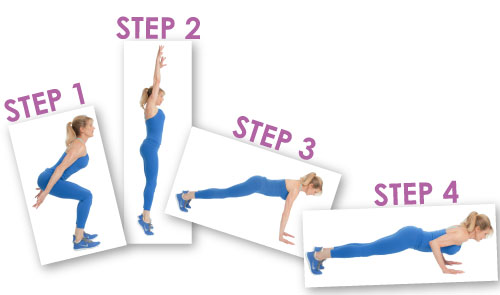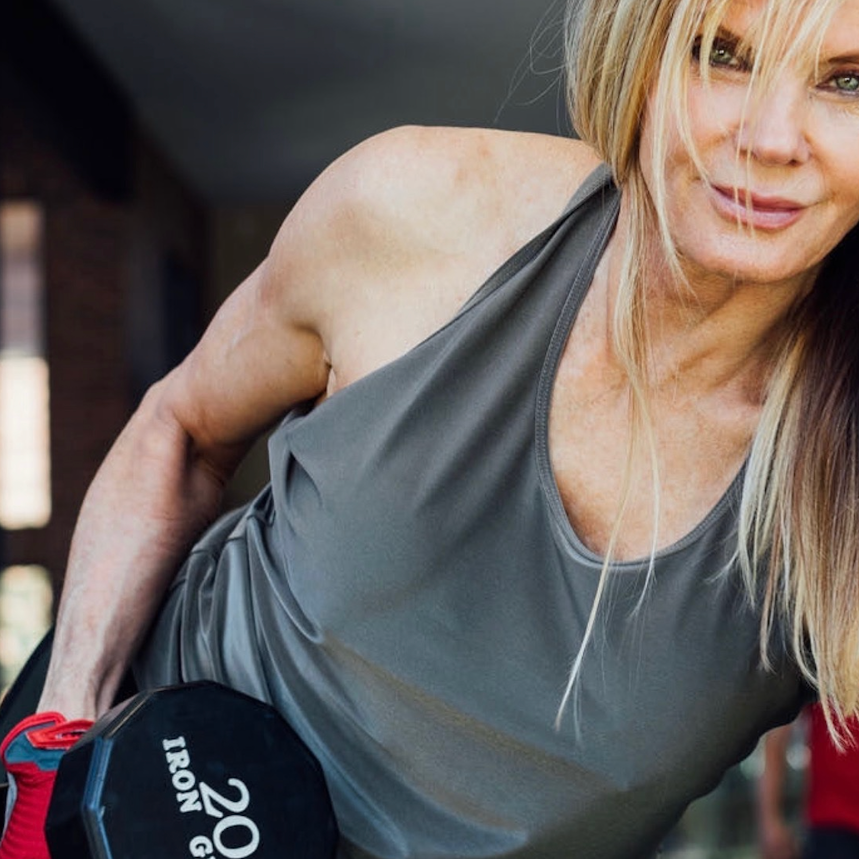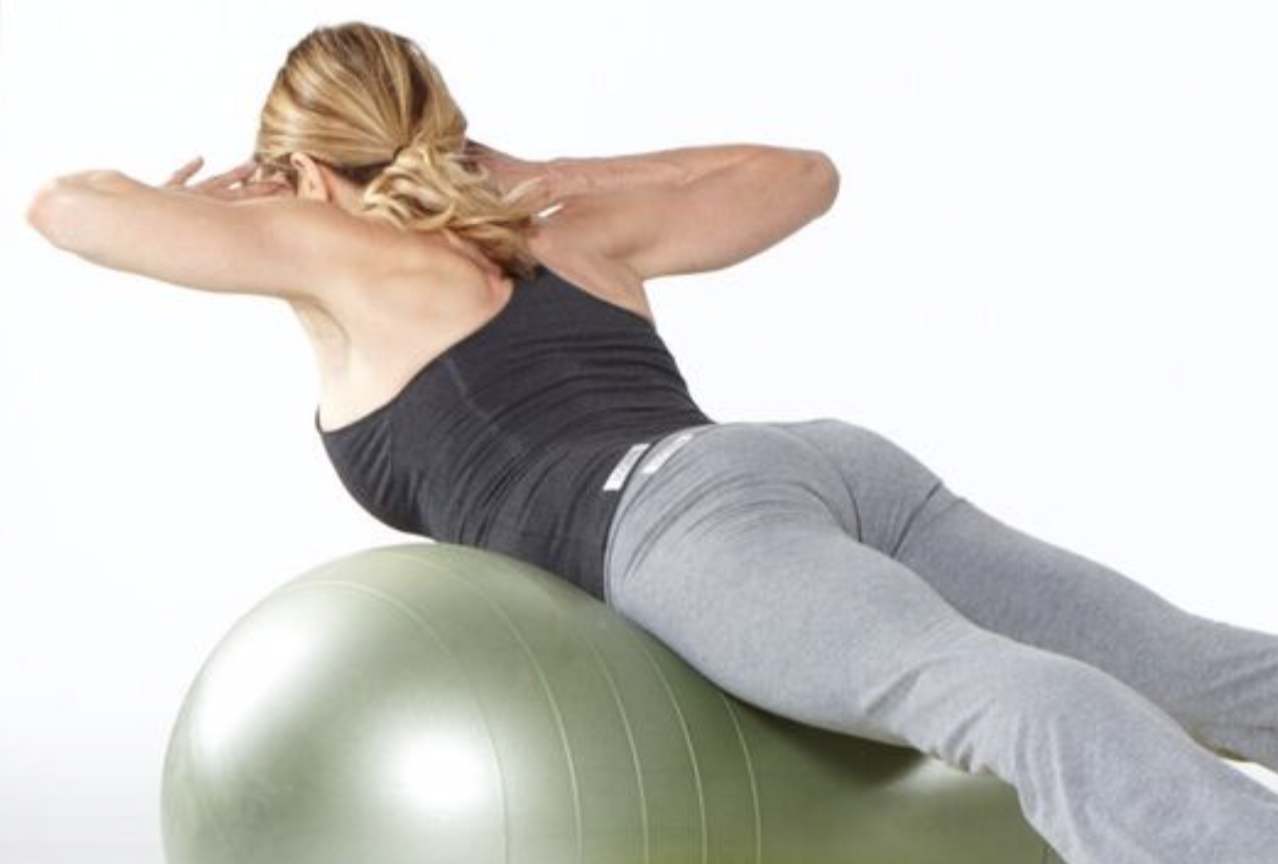Sleeping Smart

Sleep is the unsung hero of weight loss.
Getting a good night’s sleep means much more than just catching up on your beauty rest. If you cheat yourself out of a long slumber, you’re setting yourself up for unhealthy consequences later.
So what’s the big deal if you miss a few ZZZs? Occasionally falling short of the seven to nine hours recommended by the National Sleep Foundation won’t really affect you, right?
Wrong. Weight loss is tied to your sleep quality. When your regular sleep pattern is less than the recommended amount, it can compromise your immune system causing symptoms like irritability, depression, and a lackluster demeanor due to your body releasing stress hormones.
Sleep deprivation also creates an imbalance of ghrelin and leptin, the hormones responsible for alerting your body when you’re hungry or full. So when you’re sleep deprived, not only are you tired but also you’re also prone to overeating.
People often respond to tiredness by consuming caffeine or sugar. While both may give you a noticeable burst of energy, the downside is a big drop in energy shortly after. When that happens, people reach for the caffeine and sugar again and this reoccurring cycle throughout the day can leave you even more fatigued than when you started your day.
So what do you do? Well, it’s not as hard as you may think. The following are a few suggestions on how to beat fatigue and stay well rested.
Create a relaxing environment
You spend one-third of your day in bed, so make sure your bedding and your bedroom environment is to your liking. Think of it as an investment in having a better night’s sleep. For example, I have no LED lights or TV in my bedroom. My body knows it’s time to sleep when I put my head down.
Control the temperature. People tend to have shorter sleep episodes when their body temperature rises, and a cooler room makes sleep come more easily. This is particularly important for those who work the night shift and sleep during the day.
Next, establish a bedtime ritual. For me, I change into my pajamas and a pair of socks. Then I draw the shades and use a few drops of lavender or chamomile essential oils (on my sheets/on my pillow). Finally, try to avoid interruptions. This may mean exiling any pets from the room or bed.
Get going early
Essential oils can be great for winding down, but they’re also good for waking up, too — especially eucalyptus. I usually put a little on my wrists or under my nose to breathe in. Then it’s time to get moving — literally. Every morning I like to do some kind of rhythmic movement that will pump up my heart rate, like walking in place or jumping an imaginary jump rope before doing some strength training.
“The burpee” is a perfect exercise for this. Start in a plank position on either your knees or toes, then push up, step your legs back, and stand up. Start with 10 repetitions and add more reps as you get stronger, or incorporate your own favorite exercises to loosen up and get ready for your shift.
Feed your energy
If you want to keep the energy flowing and prevent sleepiness from creeping in, it’s important to eat every three to four hours. Choose foods that will help maintain your blood sugar levels so you don’t ride the caffeine-sugar roller coaster. Snacks containing protein, vegetables, and complex carbohydrates absorb slowly and will keep you on an even keel. Here are some of my favorites:
 Celery sticks with 1 to 1 1/2 tablespoons soy nut butter, almond butter, or natural crunch peanut butter
Celery sticks with 1 to 1 1/2 tablespoons soy nut butter, almond butter, or natural crunch peanut butter- 2 seaweed wraps with 2 ounces light cheese and 4 ounces turkey slices
- 2 hard-cooked egg whites, cauliflower, or celery dipped in 1 to 1 1/2 tablespoons hummus
- 1/4 avocado rolled up inside 2 to 3 ounces roasted turkey (optional: add mustard)
- Handful of mixed nuts (unsalted)
Wrap it up with a workout
Research shows that people who exercise moderately or vigorously for at least 150 minutes a week (approximately 20 minutes a day) had better sleep quality than those who didn’t. Also, exercising is a great way to decompress after work. If it’s light out, take a jog. If it’s dark outside, pop an exercise DVD in at home.
Consistency makes a difference
A few months ago, German researchers published a report warning about the effects of “social jet lag.” Basically, they determined that people who use weekends to sleep late are actually doing more harm than good.
The same philosophy can be applied to “shift jet lag,” when you switch sleeping hours from days to nights on your days off. Ideally, the best option would be to maintain the same sleeping/waking routine day after day.
Sleep well
There will always be days when you have to wake up earlier than normal, or times when you go to bed late, but don’t let being busy or other excuses rob you and your health of much-needed sleep.








